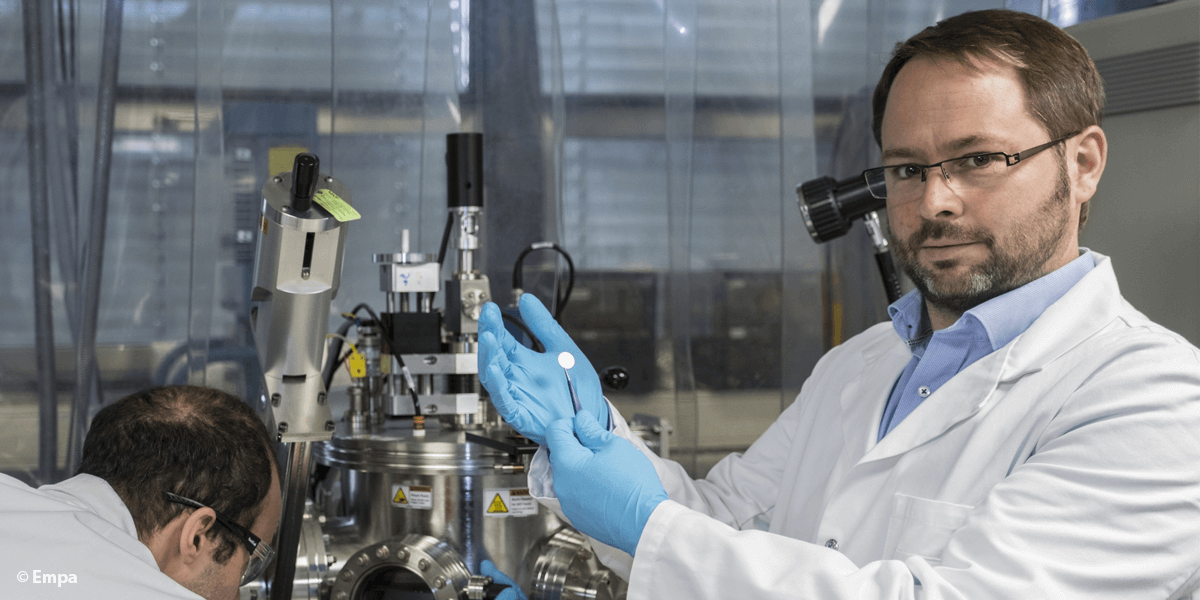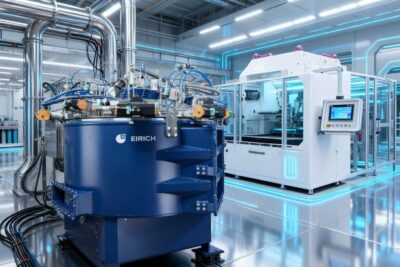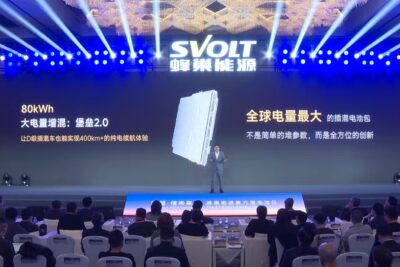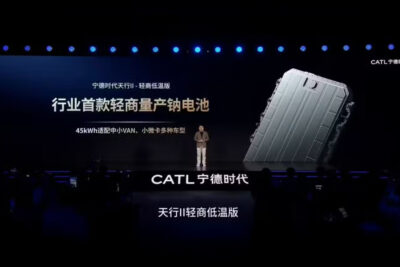ASTRABAT EU project to further solid-state batteries
A new EU project called ASTRABAT has been created to push forward with the development of solid-state battery cells. The aim of the project is to create such cells for electric vehicles and other applications in Europe. The project consortium comprises 14 partners from eight European countries.
The core of the project, which is funded by the EU with 7.8 million euros and is scheduled to run for four years, is the development of a “safe, high-energy, sustainable and marketable lithium-ion cell technology that can be manufactured on a large scale in Europe,” the project partners write in a press release.
The main focus of the project, which is coordinated by the French research institution CEA (Commissariat à l’énergie atomique et aux énergies alternatives), is on a novel solid-state electrolyte that is compatible with next-generation high-energy electrode materials and at the same time enables processing with established production processes.
Remarkably, the initiators want to create a solid-state electrolyte with organic and inorganic components. The hybrid approach allows the electrolyte to be optimised for use at the anode/cathode interface. The project press release says that at the same time, the material properties play a major role in the processability of the components produced from it.
ASTRABAT is to explicitly create a competitive edge against the leading battery makers in Asia with an innovative concept. According to their own statements, the 14 project partners use state-of-the-art simulation and analytical methods to develop the solid-state battery cell technology.
On the German side, the Fraunhofer Institute for Silicate Research ISC in Würzburg with its Research and Development Center for Electromobility (FZEB) is involved in the project. The main task of the Würzburg-based institute is to develop materials for the European solid-state battery. In order to make the technology marketable, the partners want to pay special attention to the fact that conventional processes can be used to manufacture the cell components. In addition, the researchers are placing great emphasis on the creation of a closed value-added chain, including appropriate recycling capability, right from the development of the technology.
Solid-state batteries are regarded as the next major development leap in battery technology for electric vehicles. Car manufacturers hope that they will offer higher energy density, shorter charging times, a longer service life, improved safety properties and environmentally friendly and resource-saving production. Research on this topic is being conducted at various levels. One example is the ARTEMYS research project funded by the German government.
Internationally, researchers from Samsung recently presented the prototype of a solid-state battery cell, which is to help electric cars achieve a range of 800 kilometres and survive 1,000 charging cycles. The Taiwanese company ProLogium presented a solid-state battery at the CES in January. Mercedes has entered into a cooperation with Hydro-Québec for the development of similar technology. In contrast, the major German automotive suppliers Bosch and Continental have failed with their projects or participations and have abandoned development.
With reporting by Cora Werwitzke





2 Comments